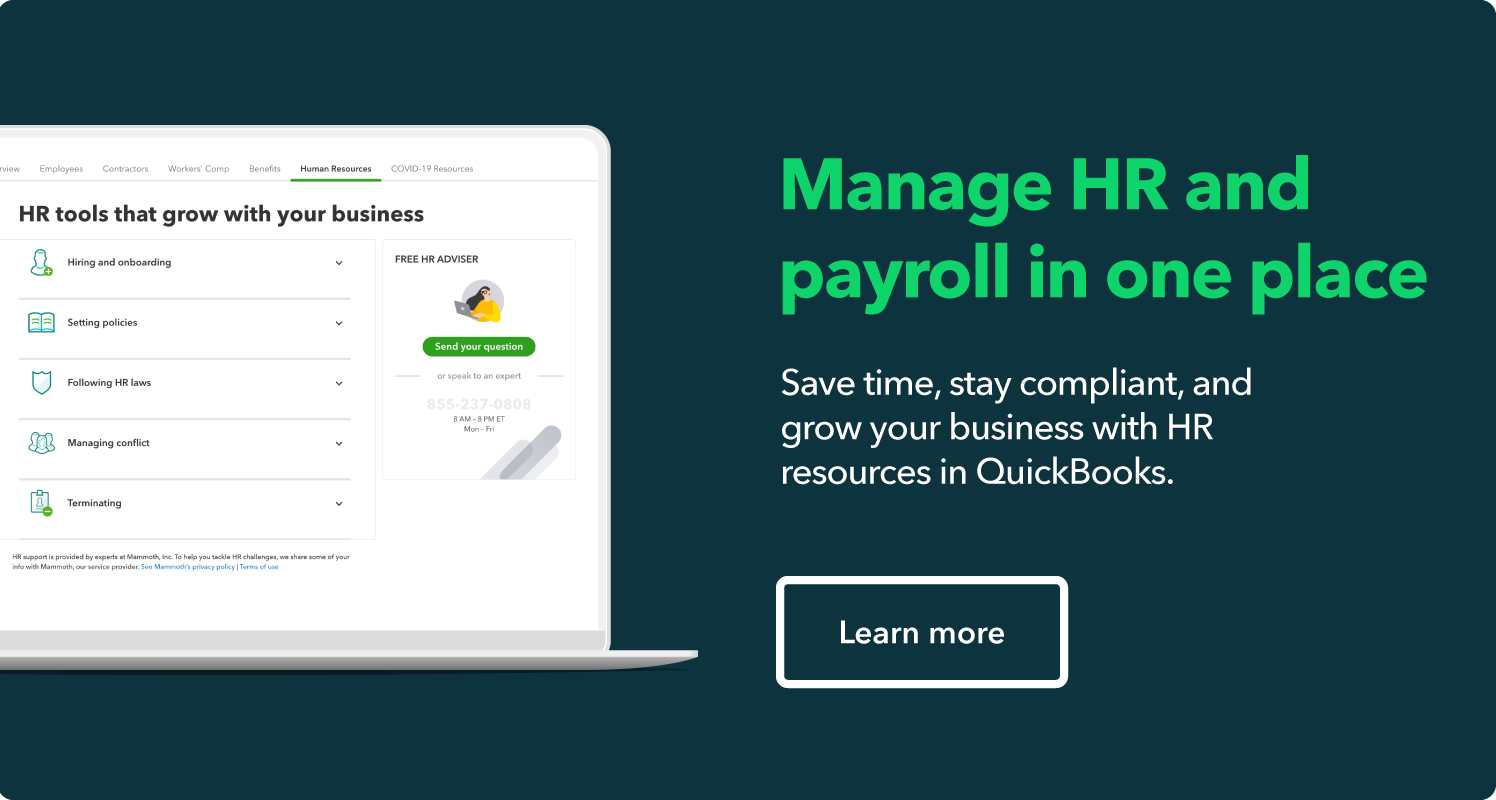New Brunswick Workers Compensation Board
WorkSafeNB keeps New Brunswick's workers and employers safe while on the job. While their priority is preventing workplace injuries and occupational disease, they also provide comprehensive rehabilitation services and fair compensation benefits when accidents occur.
WorkSafeNP is also the entity in which employers must report their payroll information by February 28th of each year. To do this, employers must complete Form 100, Employer Payroll Report, and include the following information:
- Actual earnings paid to all of their employees (identifying the yearly maximum per worker) for the previous calendar year
- An estimate of the current year’s earnings expected to be paid to employees
- A list of contractors hired and the gross amount of each contract
- An estimate of the current year’s contractors going to be hired and the gross amount of each of those contracts
All estimates for payroll must be considered reasonable. WorkSafeNB considered estimates as reasonable when they are within 25% of the actual payroll figures. Employers are able to submit revised payroll estimates during the year should changes in business activities occur. These revisited estimates must be submitted no later than November 30 of the calendar year in which the estimates apply.
Monthly Assessments on Actual Payroll (MAAP)
The Monthly Assessment on Actual Payroll (MAAP) program offers employers the option of monthly reporting and payments. This online program aims to help employers improve their cash flow and reduce the financial risks of underestimating assessable earnings.
The program works by:
- Having the employer file an electronic statement of their actual payroll by the 15th of the following month
- WorkSafeNB will return a statement of account to the employer
- The employer will then have three business days to review and verify the information on the statement
- Finally, the assessed amount will be deducted from the bank account the employer specifies
Only employers with accounts in good standing can participate in the MAAP program, which begins at the start of the year or the start of operations for newly registered employers. To learn more about the MAAP program, contact Assessment Services at 1-800 999-9775 (option 4).




